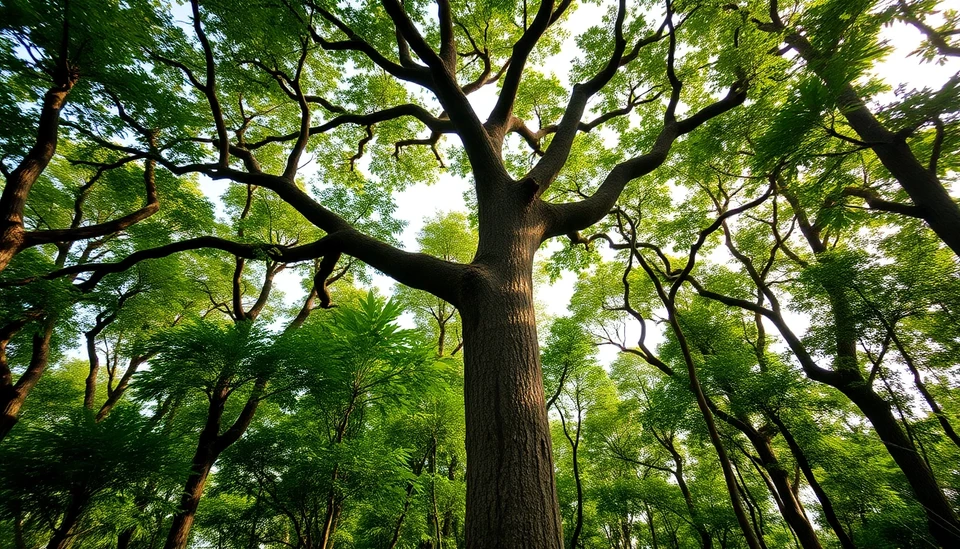
In a groundbreaking move set to revolutionize how environmental resources are harnessed and monetized, Brazil has introduced an innovative scheme that transforms its vast forests into viable investment assets. This program reflects a significant shift in the global landscape of sustainable finance, aiming not only to benefit the economy but also to promote environmental conservation in the face of rampant deforestation.
The initiative comes as Brazil grapples with the challenge of balancing economic growth with the urgent need to maintain ecological integrity. With the Amazon rainforest at the epicenter of this balancing act, officials are keenly aware of the need to protect its natural resources while finding new revenue streams. The program offers Wall Street investors a unique opportunity to directly invest in the preservation of these irreplaceable ecosystems, essentially allowing them to "buy" portions of standing timber as sustainable assets.
This creative approach effectively integrates financial markets with environmental stewardship, issuing 'carbon credits' linked to the preservation of trees in Brazil's vast forests. These credits are designed to appeal to investors seeking ethical investment avenues as well as those wanting to offset their carbon footprints. Brazil hopes that by tying financial returns to environmental health, it will bolster both its economy and its ecological future.
Certain stakeholders within Brazil's political and business arenas have applauded the initiative, seeing it as a win-win scenario. It promises to offer local communities new economic opportunities, potentially alleviating the socioeconomic pressures that can lead to deforestation. However, it is also accompanied by concerns over the implementation process and whether it can deliver sustainable outcomes without exacerbating existing inequalities or creating market volatility.
Institutions are already taking notice, with many discussing the integration of these carbon credits into their portfolios. This could represent a significant influx of capital into Brazilian ecosystems, as well as a model that other nations with rich natural resources may follow. As companies and institutional investors face increasing pressure to adopt sustainable practices, this scheme could serve as a crucial element of their environmental policies.
Moreover, critics warn that while the concept is promising, it requires strict regulatory frameworks to ensure that funds raised are genuinely directed toward preservation and do not fall prey to misuse. The success of this initiative rests on Brazil's ability to maintain transparency and manage the interests and expectations of all stakeholders effectively.
This move not only underscores Brazil's determination to be a leader in environmental conservation but also offers a snapshot of a broader trend in which nature and finance intersect. As more countries look for ways to monetize their ecosystems in a sustainable manner, Brazil could set an invaluable precedent for the future of global investment.
The next few months will be critical as the program rolls out and the initial rounds of investments are secured. Stakeholders from both the environmental and financial sectors will be watching closely to see how this bold initiative unfolds and whether it can indeed pave the way for a more sustainable future.
As this story develops, the world will be watching Brazil closely to see if it can turn its environmental challenges into profitable opportunities without sacrificing the integrity of its beloved forests.
#Brazil #Investment #Sustainability #CarbonCredits #AmazonRainforest #WallStreet #EcoFriendly #GreenFinance #EnvironmentalProtection
Author: Megan Clarke




